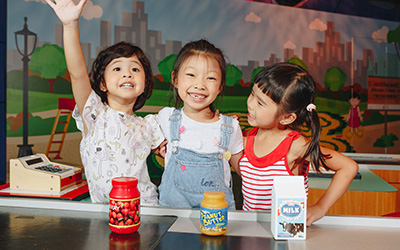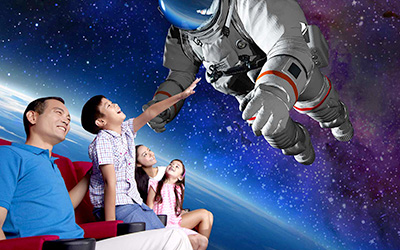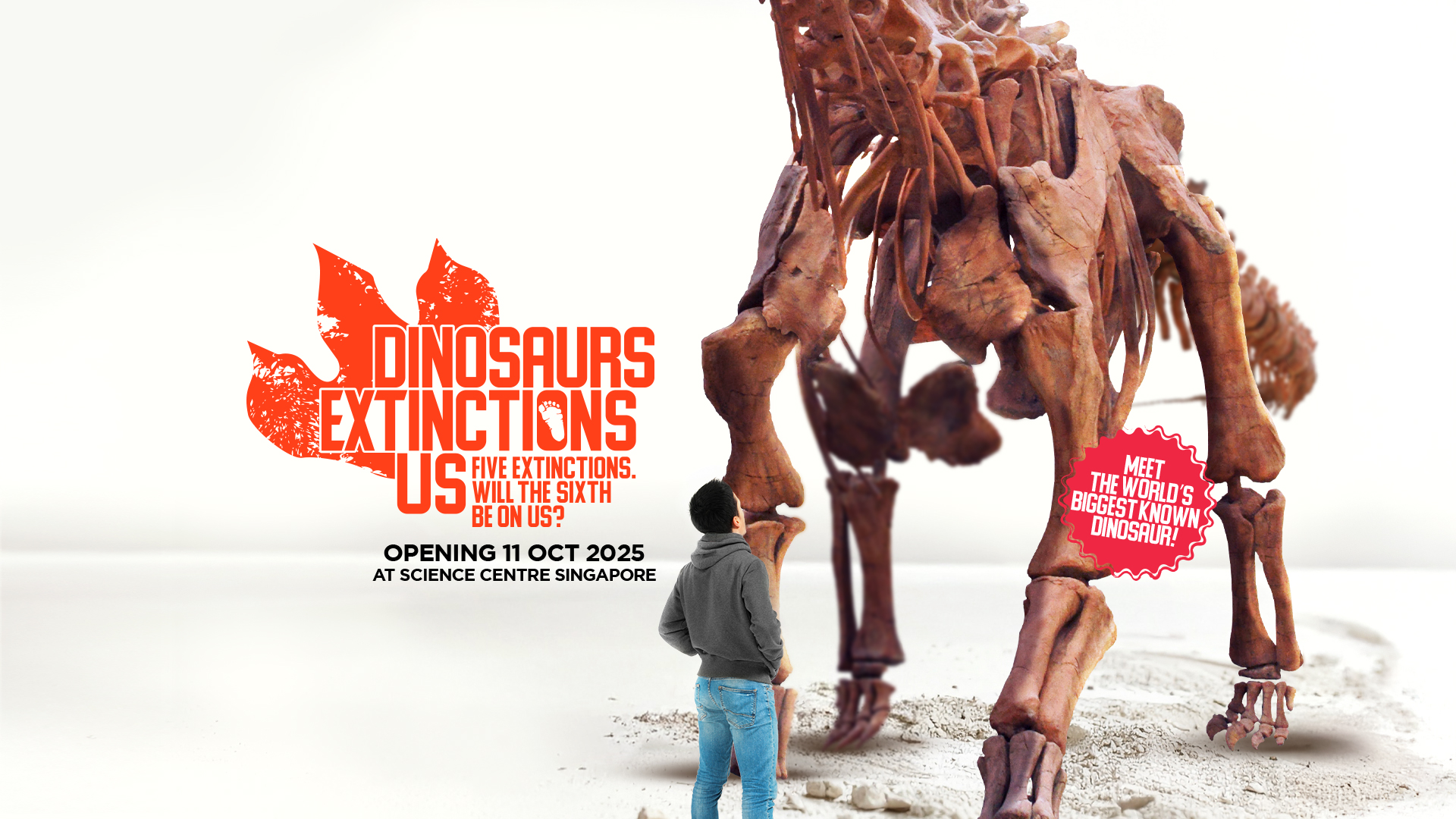About Sustainability Applied Learning Programme
With a growing world population and rapid urbanization across the globe, governments and world organisations are concerned about the consumption of natural resources at a rate faster than the earth can replenish them. The three main resources are water, food and energy.
To maintain ecological balance and ensure a future where humanity can continue to coexist with our planet and enjoy a decent quality of life, we need to look into sustainability.
At the heart of it, sustainability is about taking care of the environment and not changing it faster than we can adapt so that it can continue to take care of us and meet our physical needs. At the global level, countries and companies are learning to diversify sources of energy and identify creative ways to manage existing resources through reducing, recycling and reusing.
Over the last few decades, alternative and renewable energy like solar energy, wind energy, geothermal energy, nuclear energy, hydroelectric power and biofuel have been discovered and utilized to replace the excessive consumption of fossil fuels and to meet global demands for goods.
The world must anticipate and prevent challenges like climate change, environmental degradation and depletion of resources by forging new ways to safeguard a sustainable future for the next generation.
In Singapore, we have no natural resources, except for sunlight. Because of land scarcity, there is limited space for agriculture, manufacturing and water catchment areas. Consequently, we have to import the majority of our food supplies and even water. Through technological innovation, we now have the NEWater (reclaimed water) and desalinated water as part of our Four National Taps.
Due to the year-round tropical climate in Singapore, solar energy is probably the most reliable source of renewable energy. To move forward as an eco-friendly and self-sustainable nation that depends less on other countries, Singapore continues to invest in research and development to meet her needs in the long term.
Our Sustainability Applied Learning Programme seeks to cultivate an awareness of sustainability among students and encourage them to explore different ways to promote it.
Through hands-on activities, they will have the opportunity to design prototypes to harness renewable sources of energy or raise awareness about the environment and waste management in their school communities.
For example, students may learn to build their own chemical-fuelled vehicles, construct solar-powered fans or portable chargers, or use Arduino programming to make an e-water sensor to ensure the water quality in the environment.
By learning basic knowledge and applications of energy conservation, energy conversion and programming, students will be better prepared to face and mitigate the real-world challenges on sustainability.
Back to Applied Learning Programme




.jpg)



